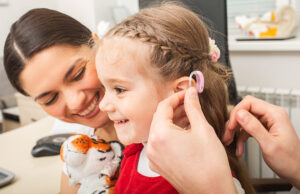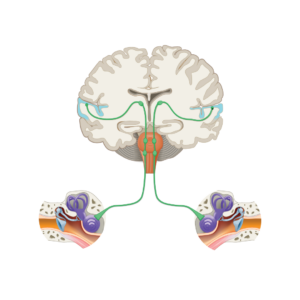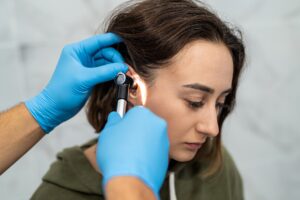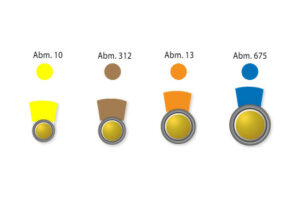Hearing Loss in Children
Hearing loss can affect not only adults but also children. Early detection is crucial to ensure that children receive the best possible support. Below is an overview of important information regarding hearing loss in children, early detection, and support.
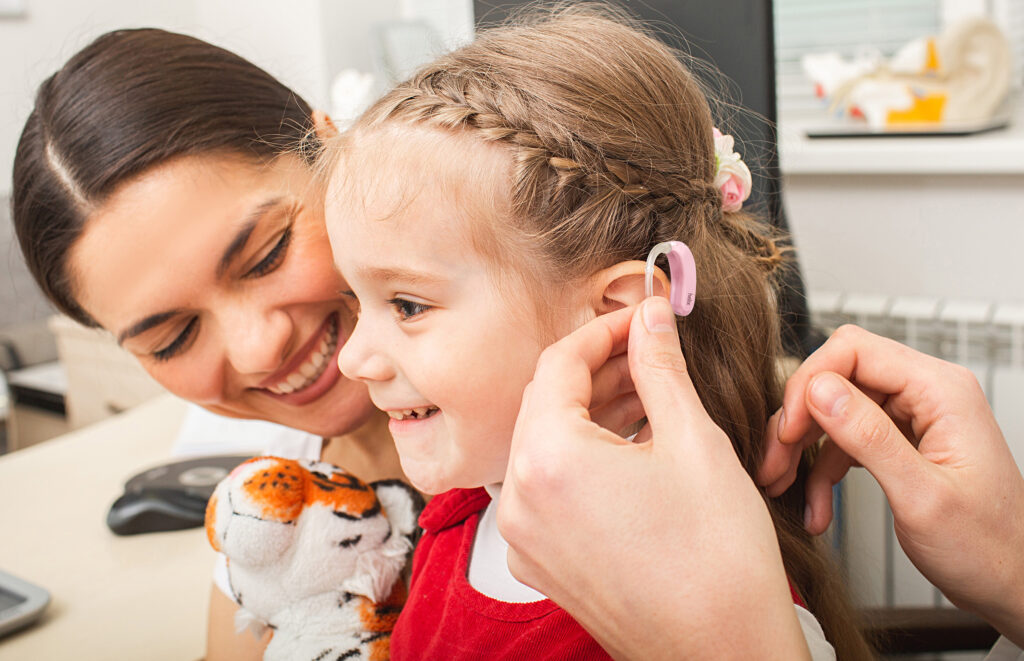

Causes of Hearing Loss in Children
Hearing loss in children can be congenital or develop during childhood. Congenital hearing loss can be genetic or caused by prenatal infections or other factors. Acquired hearing loss after birth can result from infections, injuries, certain medications, or exposure to loud noise.
Signs of Hearing Loss in Children
Parents should be alert to certain signs that may indicate hearing loss in their children. These include delays in speech development, lack of response to loud sounds, frequent asking of questions, difficulties understanding conversations, and unclear speech.
Impact of Hearing Loss on Development
Hearing loss can negatively impact a child’s development, particularly in speech and communication skills, as well as academic and emotional well-being.
Early Intervention and Treatment
Early intervention is crucial to provide children with hearing loss the best possible support. This may include audiological assessment, fitting hearing aids or other listening devices, speech therapy, and support in school.
Support for Parents
Parents play a vital role in supporting children with hearing loss. They should arrange regular hearing tests for their children, watch for signs of hearing loss, and seek professional help early if concerns arise.
Conclusion
Hearing loss in children is a serious issue and requires a prompt response and comprehensive support to help children reach their full potential. Therefore, it is important for parents to remain vigilant and take immediate action when necessary to secure the best possible future for their children.

